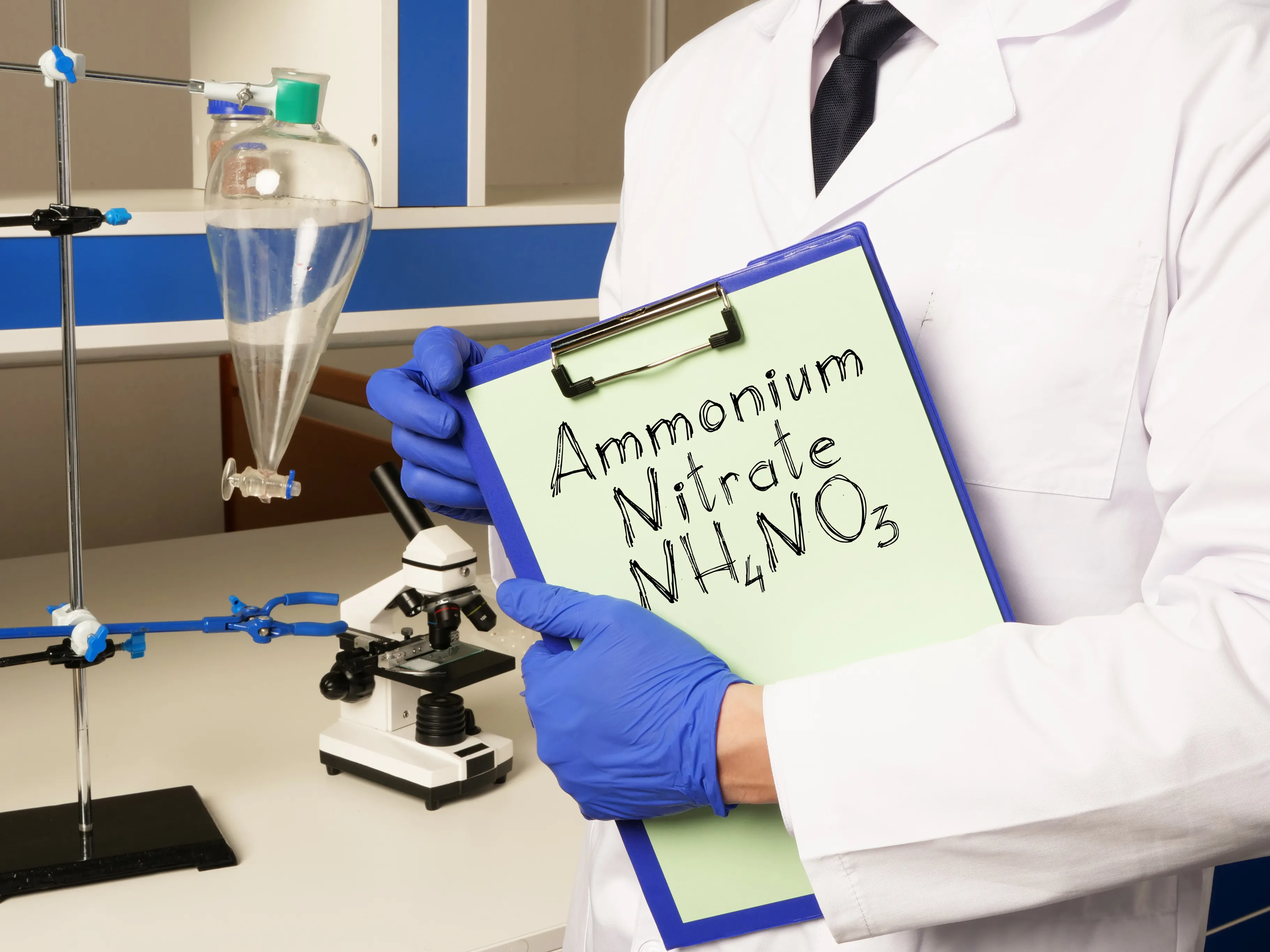
Prior to last week’s tragic Beirut port explosion – which the UN says killed 178 people, injured 6,000 and left 30 missing – it’s entirely possible you had never been aware of ammonium nitrate. This odourless, white crystal salt is an important agricultural tool, most commonly used as a component in fertilizer mixture.
Made up of ammonium and nitrate ions, it provides a source of nitrogen to plants, which increases growth and crop yields. It is also sold in small quantities as an additive for mining explosives and other nonagricultural uses.
“Ammonium nitrate is nonflammable,” explains Dr Aamrah Shah, Consultant in Family Medicine at American Hospital Dubai, adding, “a fire from ammonium nitrate is very unlikely, but it is a strong oxidizing agent that can cause combustible materials – such as wood, paper and oil – to ignite. Only under extreme conditions of heat and pressure in a confined space will ammonium nitrate explode. Should such an incident occur, there may be a visible cloud of ammonia, carbon dioxide and nitrogen oxides.”
Potential hazards
While Dr Shah says ammonium nitrate isn’t harmful under normal handling conditions, its dust may cause irritation in the respiratory tract if inhaled in high concentrations. “Symptoms may include coughing, sore throat, shortness of breath or even suffocation.”
If swallowed in high concentrations, ammonium nitrate is deadlier, potentially causing headache, dizziness, abdominal pain, vomiting, bloody diarrhea, weakness, a tingling sensation, heart and circulation irregularities, convulsions, collapse and suffocation.
Ammonium nitrate forms a mild acid when mixed with water. “This acid can cause irritation to the eyes, nose, and skin.” On skin, this acid may cause redness, itching and pain. If it gets in the eyes, redness and pain may occur. Even small oral doses, if repeated, may cause weakness, depression, headache and mental impairment, adds Dr Shah.
If it gets in your eyes:
If it gets on your skin:
If you inhale it in minor doses:
For severe inhalation:
For ingestion:
Patient Experience